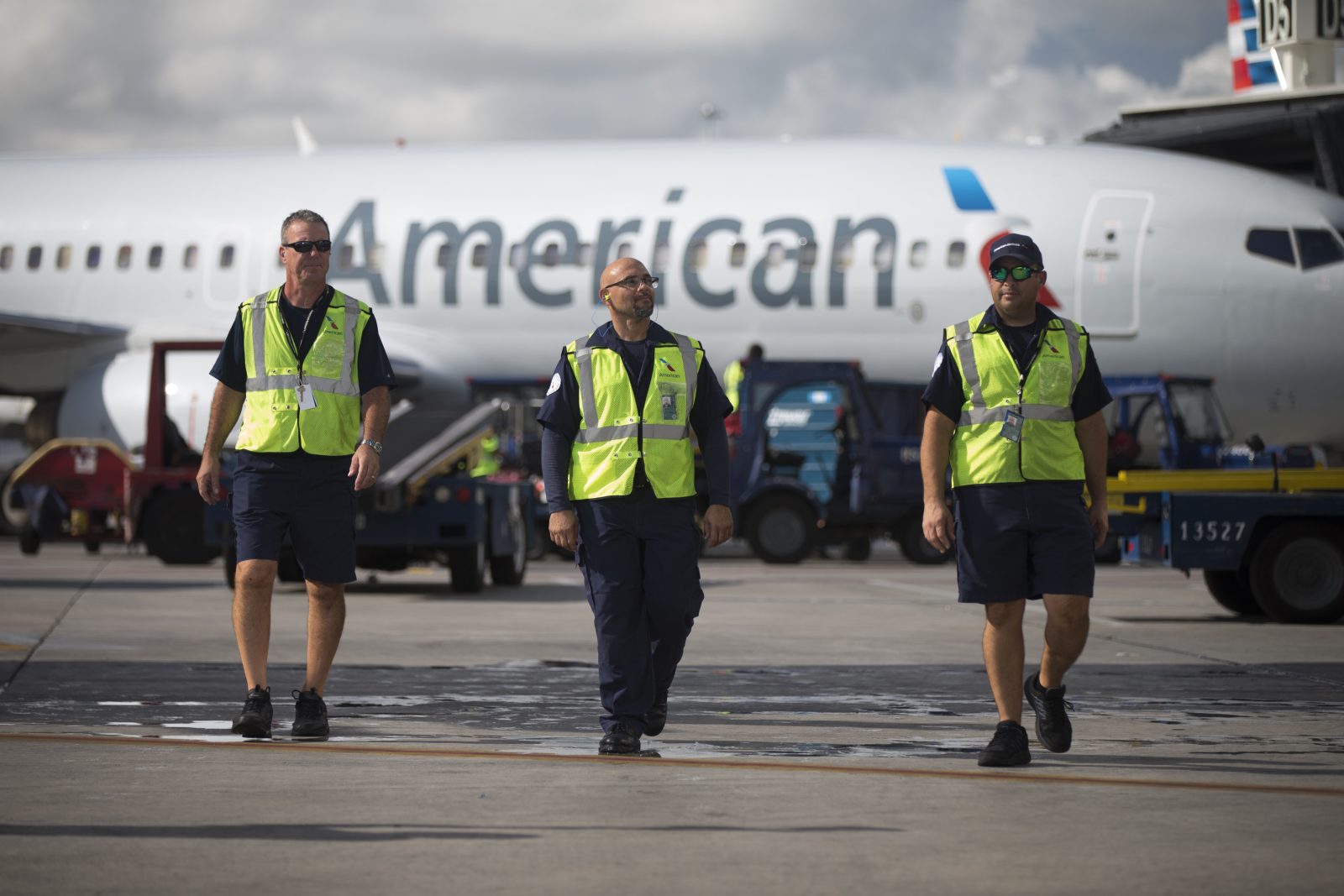
Over the last few years, the so-called Big Three U.S. airlines – that’s Delta, United and American Airlines – have orchestrated a high profile campaign against the expansion of Persian Gulf airlines like Emirates, Qatar Airways and to a lesser extent, Etihad Airways. They even funded a pressure group which lobbied lawmakers and the general public.
Through the Partnership for Fair and Open Skies, the U.S. carriers claimed Emirates, Qatar Airways and Etihad were receiving billions of dollars in illegal government subsidies. This, they said, was giving these Middle East airlines an unfair advantage which would ultimately put hundreds of thousands of American jobs at risk.
If they had a level playing field they argued – the U.S. airlines would then be able to easily compete and it would secure the livelihoods of U.S.-based airline employees across the country.
Earlier this year, American Airlines claimed victory – the State Department managed to sign deals with both Qatar and the United Arab Emirates that the U.S. airlines said vindicated their argument. The end result wasn’t nearly as extreme as their original proposal to rewrite Open Skies agreements between the United States and the UAE, Qatar but nonetheless, they hailed it as a great win in their long-running battle.
To a certain extent, the U.S. airlines have been true to their word – Delta, for example, tied the agreement between the State Department and Gulf countries directly with its decision to restart services to Mumbai, India.
Things, however, aren’t quite that simple…
The Transport Workers Union is now accusing American Airlines of being anything but patriotic and has labelled the company ‘UnAmerican Airlines‘ after the Dallas Forth Worth-based carrier decided to offshore maintenance and repair work to foreign countries – and in doing so making American workers unemployed – Exactly what the airline was campaigning against.
Research conducted on behalf of the union revealed that nearly 50% by value of maintenance work on U.S.-registered aircraft are actually carried out in maintenance facilities outside of the United States. They claim there are a multitude of risks associated with these foreign repair stations, including varying regulations, inadequate training and a lack of skilled technicians.
The accusation, of course, is that U.S. carriers use the argument of wanting to save American jobs until it comes to tough financial decisions which are hard to pass up.
The Gulf carriers, meanwhile, have long argued that rather than putting U.S.-based jobs at risk, they are actually keeping thousands of Americans in employment and are contributing billions of dollars to the U.S. economy.
All three big Middle East airline’s – the ME3 – are longtime Boeing customers, with order books which will keep the airline manufacturer and its workers busy for years to come. They also claim they’ve opened up new markets for tourists and business people to visit the United States – an argument that’s hard to ignore.
Critics of the anti-Gulf airline campaign raise other issues of hypocrisy at U.S.-based airlines. Delta, for example, has started taking deliveries of the Airbus A220 – A joint project between the European aerospace giant and Canada’s Bombardier. And let’s not forget that the Big Three U.S. airlines all receive subsidies in one form or another.
As it stands, expect the campaign against the Gulf carriers to die a slow death – instead, they might well end up turning their attention to Chinese airlines which could well pose far more of a risk in the next few years.
Mateusz Maszczynski honed his skills as an international flight attendant at the most prominent airline in the Middle East and has been flying ever since... most recently for a well known European airline. Matt is passionate about the aviation industry and has become an expert in passenger experience and human-centric stories. Always keeping an ear close to the ground, Matt's industry insights, analysis and news coverage is frequently relied upon by some of the biggest names in journalism.







